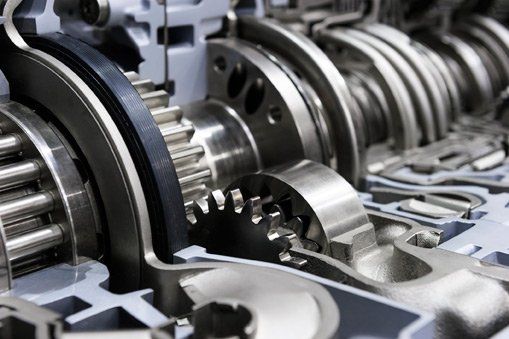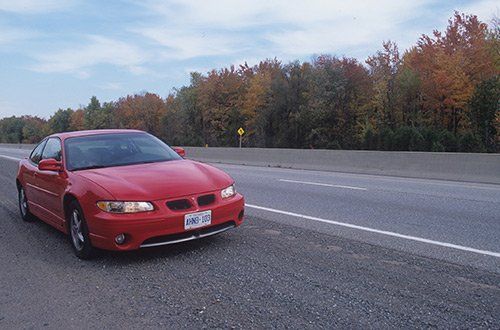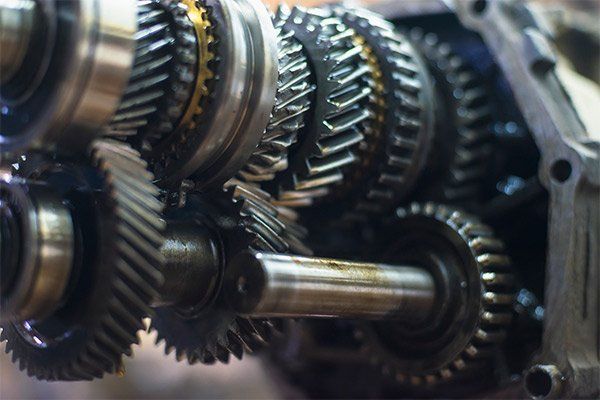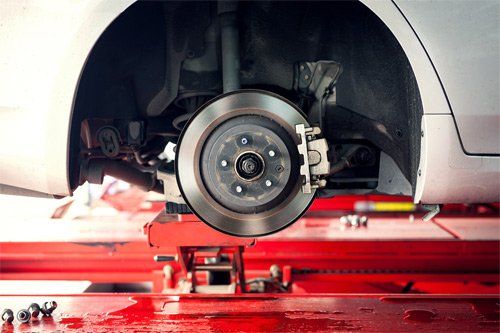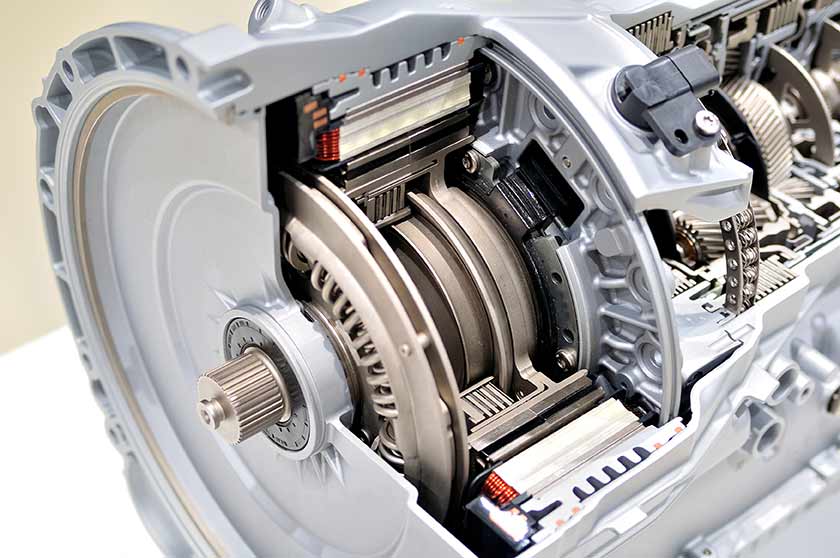Preventing Overheating in Cars
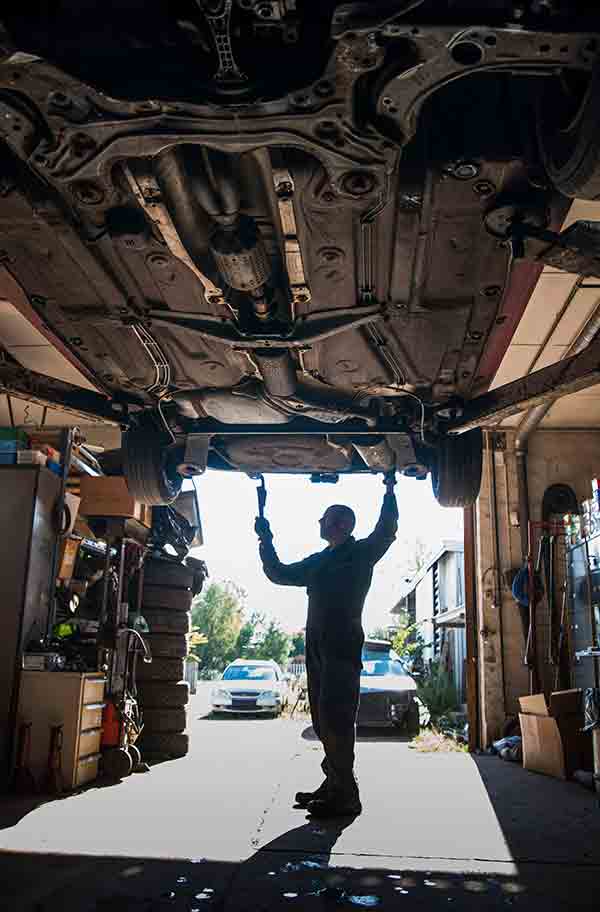
Most car problems won't quickly destroy a vehicle, but overheating can ruin an engine in just a matter of minutes. If your car engine overheats, permanent damage can occur in the form of seized pistons and warped components, thus resulting in expensive repairs or engine replacement. Below is more information about four common causes of engine overheating and what you should do to prevent them from occurring
Low Engine Coolant
Engine coolant is composed of water and ethylene glycol or propylene glycol. This mixture is able to efficiently absorb heat from its surroundings and is continuously circulated through the engine. Hot coolant releases heat at the radiator with the help of a cooling fan.
Your engine's coolant is its "lifeblood" when it comes to preventing overheating. If the level of coolant drops too low, the motor will be unable to cool quickly enough.
That is why engine coolant levels should be monitored by car owners and refilled as needed. Though some loss in coolant over time is normal, rapid loss of coolant indicates a problem that should be addressed by a mechanic.
Insufficient Engine Oil
Though many people think of oil as strictly a lubricant, engine oil in a car also serves an important purpose by transferring heat away from the motor. Too little oil can lead to the same result as too little coolant: overheating and permanent engine damage.
To prevent your engine from being damaged, be sure to check your engine oil on a regular basis. In addition, don't neglect to have your oil changed on a regular basis; some vehicles burn oil, and this could cause a significant loss of oil if the interval between oil changes is too great.
Water Pump Failure
All vehicles use a water pump to circulate engine coolant through the radiator and into the engine block. The water pump in your car is located toward the bottom of the motor and is powered by the timing belt or chain.
However, water pumps will often fail and leak, and this can cause a sudden loss of coolant. This loss of coolant will lead to overheating and may not be noticed at first due to the location of the leak at the bottom of the engine. While you can't prevent a water pump from failing, it is usually recommended to replace the water pump whenever the timing belt is changed. If your vehicle is equipped with a permanent timing chain that doesn't need replacing, observe the manufacturer's guidelines for water pump replacement to prevent a sudden failure from leaving you stranded.
Radiator Hose Leak
Car engines contain two radiator hoses, an upper hose and lower hose. The lower hose transfers coolant into the engine while the upper hose is how the coolant is returned to the radiator.
While radiator hoses are tough and long-lasting, they can weaken eventually due to the constant exposure to heat. Weakened hoses often balloon, then burst, and this leads to a massive release of coolant as a consequence.
Radiator hoses should be monitored by car owners for any signs of weakening. For example, inspect the hoses on a regular basis to see if they are ballooning. In addition, push your thumb into the sides of the hoses to determine if they are becoming soft and prone to bursting. Have any soft, "mushy" hoses replaced as soon as possible.
If you have questions about your vehicle's operation, including those that concern engine overheating, be sure to contact All Transmission World. The expert technicians at All Transmission World will answer your questions and help ensure your car keeps running smoothly for many miles to come.
